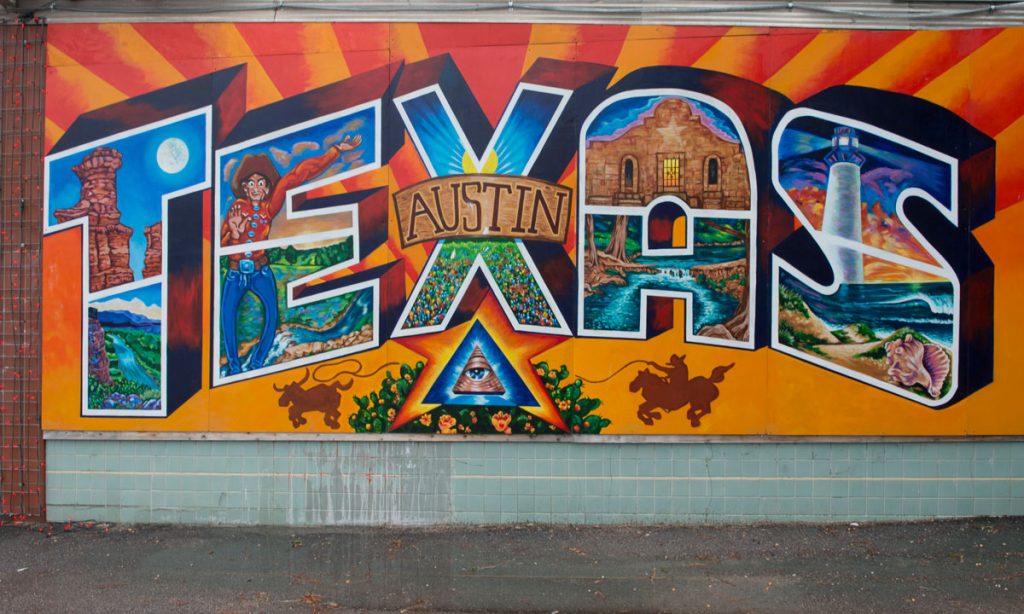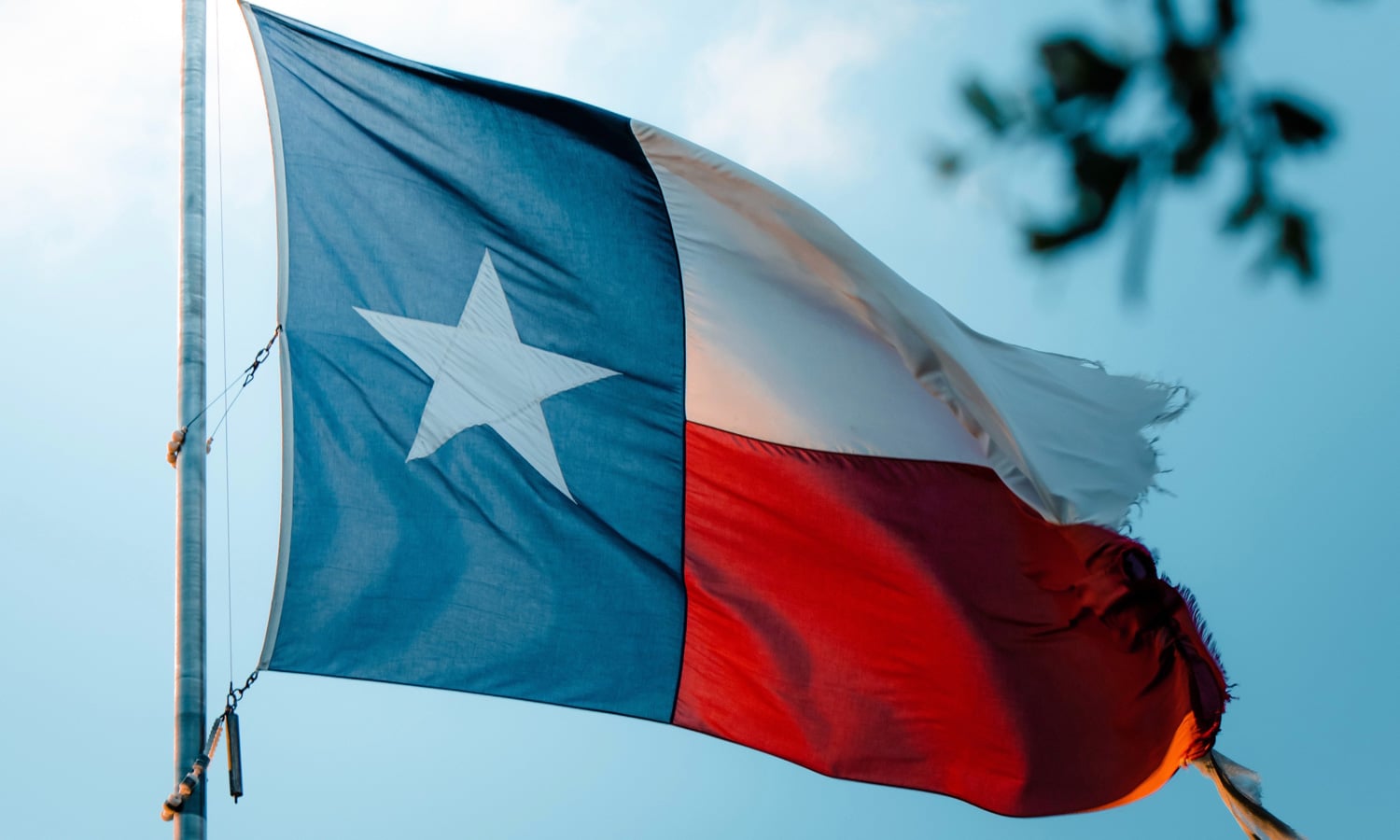Estimates show legal marijuana could produce $1 billion in tax revenue, and long-time opponents now seem open to the idea.
Slowly but surely the idea of recreational marijuana has gained steam in the unlikeliest of states — Texas. The Houston Young Republicans and Texas NORML called upon Texas Gov. Gregg Abbott to legalize and tax the sale of cannabis in order to offset a looming $4.6 billion budget deficit. In fact, the House Speaker admits marijuana could save the Texas economy.
Lawmakers have voiced similar ideas. In a recent webinar, State Rep. Dustin Burrows, a Republican, discussed recreational marijuana and gambling as alternative revenue streams to explore in Texas. GOP Speaker Dennis Bonnen presented the idea in a recent local TV interview, but was hesitant to call legalization a cure-all.
RELATED: Arizona Emerges As Fierce Battleground For Marijuana Legalization
“The state budget is so large, there’s no singular solution to a budget challenge,” said Speaker Bonnen. “So legalization of marijuana should be considered next session by those who want to bring it forward, but it probably doesn’t produce a solution to the budget challenge we’ll be facing. It certainly could be a help. It could augment the shortfall. But I don’t believe it’s anywhere near a singular solution.”

Recent polls show a plurality of Texans support fully legalizing the plant. But impassioned attempts to legalize medical marijuana fell short in the last legislative session. Bonnen added he wouldn’t pursue recreational cannabis as a post-pandemic economic solution and doesn’t believe it has the votes to pass.
“No, [I would not,]” he replied. “I think it creates other financial costs outside of the benefit of the tax income.”
RELATED: Is Legal Marijuana The Economic Relief America Needs Post-Pandemic?
Heather Fazio, director of Texans for Responsible Marijuana Policy, previously estimated that legalizing recreational marijuana could produce a $1 billion tax revenue windfall. Other states have suggested retail cannabis as a post-pandemic boost to economies, including New Jersey, New York, New Mexico, and Pennsylvania.
Said Fazio, “When our state is facing an unprecedented economic downturn we have to look at alternatives.”


